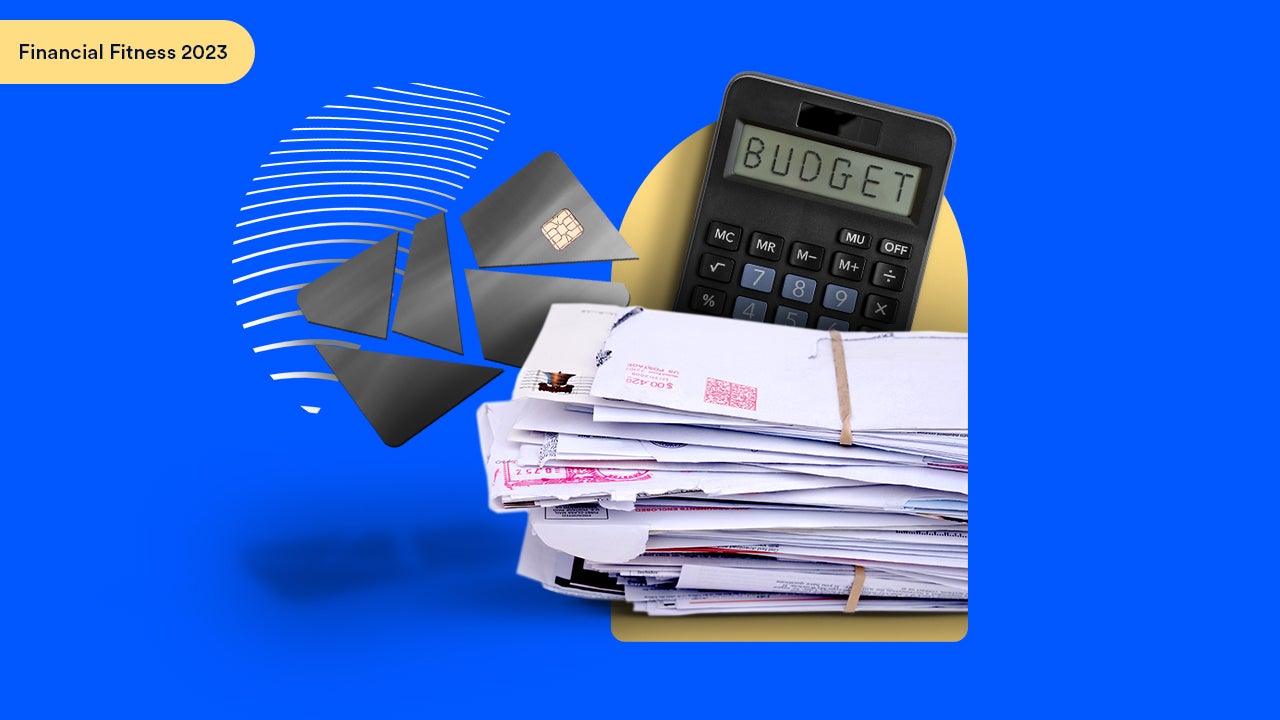What is disposable income? Definition, example and how it impacts your budget

What is disposable income and how does it work?
Disposable income is the amount of money left to spend and save after income tax has been deducted. Individual consumers can use disposable income to help build their budget and understand how much money they can allocate to certain expenses.
When your employer does payroll, they include withholdings for federal income tax, Social Security and Medicare. In some areas, you might also have state and local income taxes withheld as well.
Once your employer makes these deductions from your income, the amount you receive is your disposable income.
Economists also use disposable income to determine how much money consumers have to spend and how much they have to save.
Disposable income formula and example
Here’s the formula for calculating your disposable income is.
Disposable income formula
Gross income – taxes withheld = disposable income
If you earn $1,500 every two weeks, and your employer deducts $230 for taxes, your disposable income would be $1,270. Your withholdings might differ for state or local taxes withheld.
Meanwhile, if you are self-employed or under an independent contractor agreement, you might not have taxes withheld. Instead, you will receive more disposable income since you do not have withholdings. However, you can use a self-employment tax calculator to determine how much of a tax liability you have. That way, you can set aside the money when you pay estimated taxes to the IRS.
How disposable income impacts your budget
Your disposable income is the money you have to pay necessary bills like rent or mortgage, utilities, insurance, car payment, food, clothing, credit card bills and more. You can take your disposable income and allocate a certain percentage to certain needs or wants.
If you notice you are unable to meet certain benchmarks (like building an emergency fund), it could indicate you need to adjust your budget. Many budgeting apps will categorize your spending, so you have a better idea of where your money goes. You can also sign up for Bankrate’s myMoney tool to categorize your spending transactions, identify ways to cut back and improve your financial health.
Doing a spending audit makes it easier to identify areas you can reduce expenses like streaming services or dining out. In some cases, you might have to be creative in getting more out of your disposable income. You can reduce insurance costs by comparing providers to find a better deal or pick up a side hustle to earn more disposable income.
Disposable income vs. discretionary income
Your disposable income is the money you receive after income taxes are withheld.
Discretionary income takes your disposable income and subtracts all the necessities you need. It can include your mortgage or rent payment, food, gas, utilities and more. Once you factor these items into your budget, your discretionary income is the amount of money remaining you have to save, invest or spend on wants.
Learn more:
Why we ask for feedback Your feedback helps us improve our content and services. It takes less than a minute to complete.
Your responses are anonymous and will only be used for improving our website.





